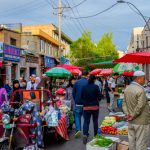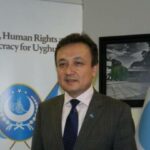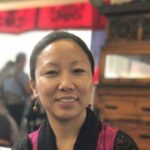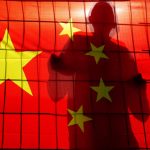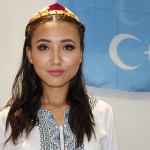Forced Organ Removals in China Continue Unabated, Tribunal Finds
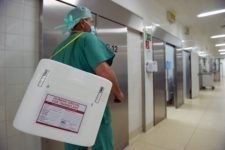
The China Tribunal has just released its judgement on organ harvesting in China. After a year-long investigation, the independent London-based panel set out on 17 June that it has no doubt the organs of prisoners of conscience are being forcibly removed to service transplant operations.
Despite the secrecy surrounding the practice, the tribunal asserts that there’s enough evidence to decisively come to its conclusion. This includes extraordinary short wait times for organs, the large numbers of operations taking place, along with a lack of willing and eligible donors.
The tribunal estimates that between 60,000 and 90,000 organ transplants take place annually in the country, which is six to nine times more operations than the People’s Republic of China (PRC) officially admits are being conducted.
Chaired by Sir Geoffrey Nice QC, the China Tribunal also concludes that imprisoned Falun Gong practitioners are most likely the main source of organs. And there’s also mounting evidence that detained Uyghur people are increasingly being targeted for organ harvesting.
The panel further found that there’s no evidence the infrastructure associated with the explosion in organ transplant activities since 2000 has been dismantled, which leads to the conclusion that political prisoners are continuing to have their organs removed whilst they’re still alive.
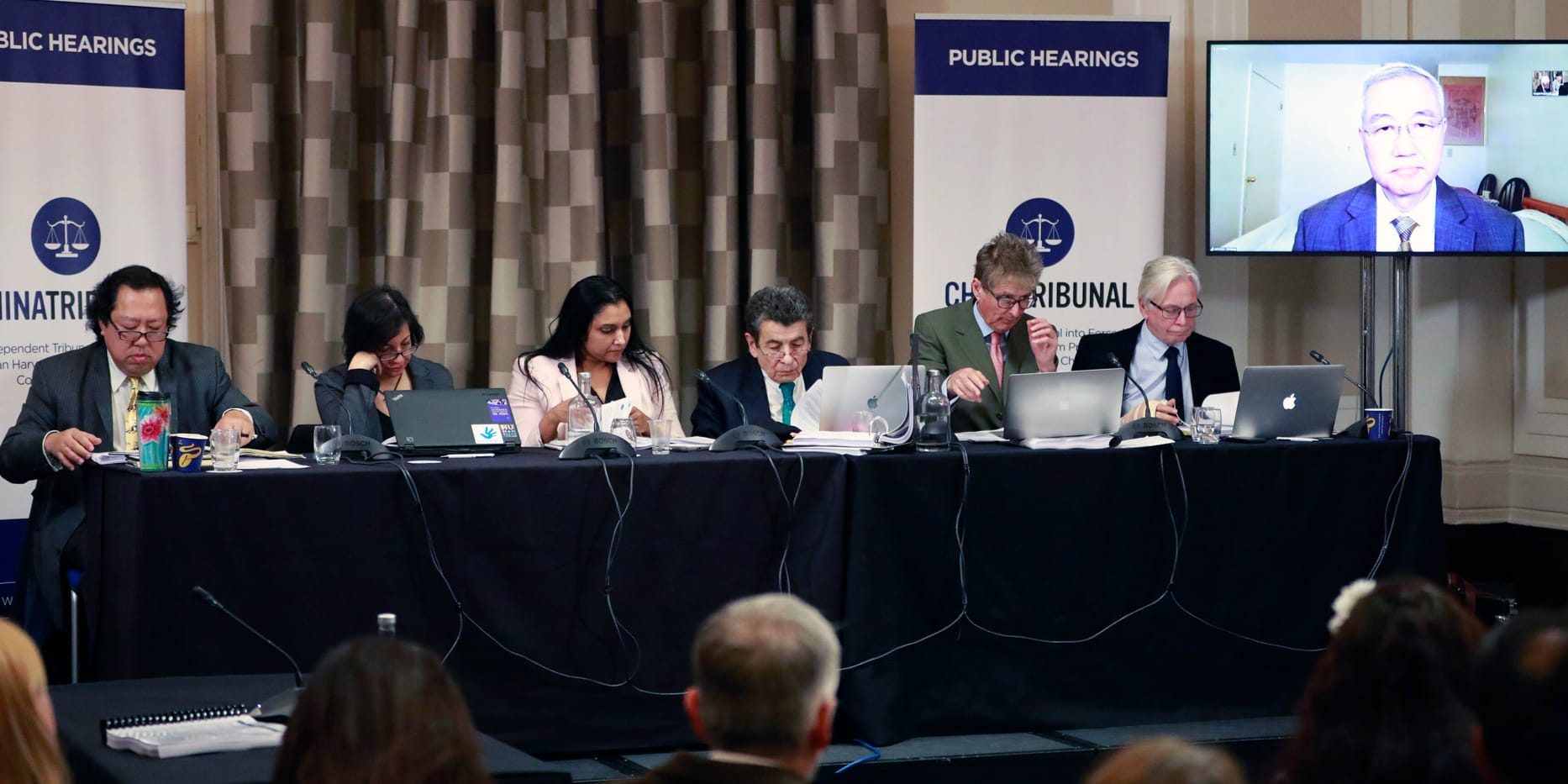
Unethical and unabated
“The judgement sends a very strong message to the international community, the medical establishment and governments,” said Sophia Bryskine, spokesperson for Doctors Against Forced Organ Harvesting (DAFOH) Australia. “They have to act and investigate further.”
Established in 2007, DAFOH is a non-government organisation comprised of medical practitioners from across the globe that campaigns against the illegal practice in China of forced organ harvesting: “the removal of organs without obtaining free, informed, voluntary consent”.
According to Bryskine, the tribunal’s investigation is the “first independent in-depth assessment of the transplant crimes in China”. And she expects its “credible” findings to compel governments and the foreign community “to hold China to account”.
“There has to be accountability for the murder-on-demand factory that has been running across hundreds of Chinese hospitals, supplying hundreds of thousands of organs to wealthy foreigners and local citizens,” Ms Bryskine told Sydney Criminal Lawyers.
Trading in tissue
Dr Wang Guoqi advised a US government committee in 2001 that he’d conducted organ removal operations on executed inmates in China. But, even though the PRC officially stopped using death row prisoners as a source in 2015, their numbers have never accounted for all organ surgeries.
And it wasn’t until 2006 that reports started emerging from China about the state-sanctioned practice of removing organs from living prisoners of conscience, so they could be sold to well-off local and foreign patients.
A 2007 report compiled by former Canadian MP David Kilgour and human rights lawyer David Matas found there was a steep rise in organ harvesting over the five year period after the Chinese government began the mass detention of Falun Gong practitioners in July 1999.
A bloody harvest
Kilgour and Matas concluded that the covert organ harvesting program was specifically targeting the followers of Falun Gong, which is a Buddhist-Taoist mediation practice that spread in popularity to such an extent during the 1990s that it was condemned by the Chinese Communist Party (CCP).
And by the late 90s, practitioners started being sent to labour camps, where reports of detainees undergoing regular medical checks and blood tests began surfacing. These were presumably being conducted to check for donor compatibility and were accompanied by disappearing inmates.
The China Tribunal said it received “a considerable amount of evidence” regarding medical examinations now being carried out upon incarcerated Uyghurs with the apparent aim once more of sourcing compatible donors.
Currently, the Chinese government is imprisoning around one million Uyghurs and other Muslim minorities in political indoctrination camps in the far western province of Xinjiang, where these detainees are held indefinitely without charge or trial.
The mass incarceration of the Uyghur people is part of a wider CCP surveillance and policing crackdown upon the Indigenous population of the western region, which is becoming increasingly significant as China plans to link to Europe via its belt and road initiative.
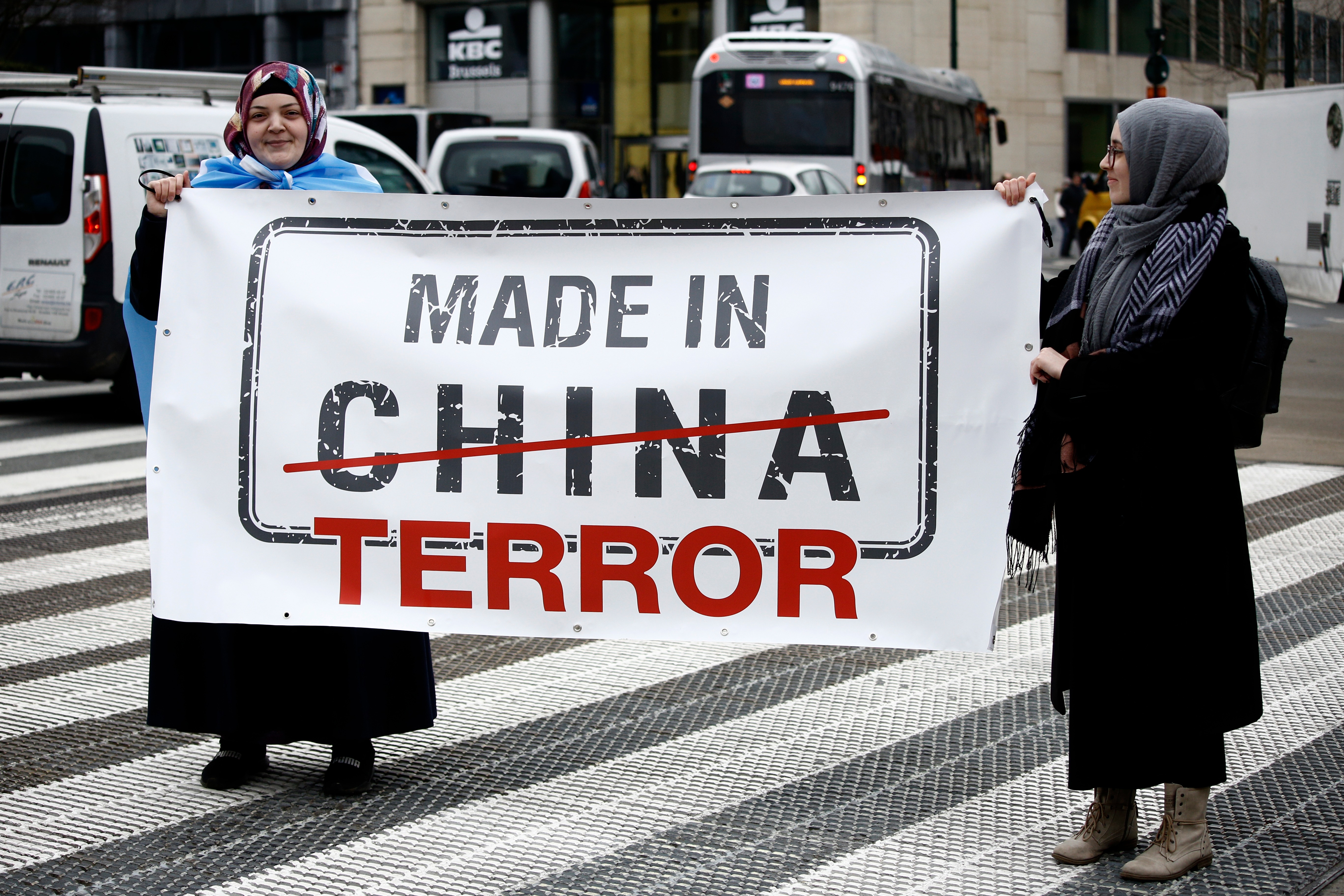
Local response to the illegal trade
The Australian Joint Standing Committee on Foreign Affairs, Defence and Trade Inquiry into Human Organ Trafficking and Organ Transplant Tourism tabled its report last November. Ms Bryskine spoke at its public hearing in June last year.
Significant amongst its recommendations, Ms Bryskine pointed out, is the proposal to establish a reporting system relating to citizens suspected of traveling overseas for unethical operations, as well as adding to the Criminal Code the new offence of dealing in the trafficking of organs overseas.
“We certainly hope to see the Australian government take more serious action on these grave abuses,” Ms Bryskine said, adding that the time to simply call for more evidence relating to a situation many find hard to conceive is in the past, and the time for action is now.
The most serious of crimes
This is the largest case of crimes against humanity this century, Ms Bryskine further made clear. “This must not be ignored. We have a duty to look into it and make sure it does not continue for more decades.”
The China Tribunal couldn’t rule that the crime of genocide – as set out in the International Criminal Court’s 1998 Rome Statue – is being perpetrated upon Falun Gong practitioners and Uyghur people, as while killings and serious harm are being carried out, it can’t prove the CCP’s intent.
However, the panel resolved to proclaim crimes against humanity. This involves a “widespread or systemic attack directed against a civilian population”, which includes murder, extermination, incarceration and torture.
“The urgency has never been greater to call for an immediate independent investigation in China,” Ms Bryskine concluded. “This can no longer be accepted. We do not want to see any more innocent lives lost to service this brutal organ industry.”



